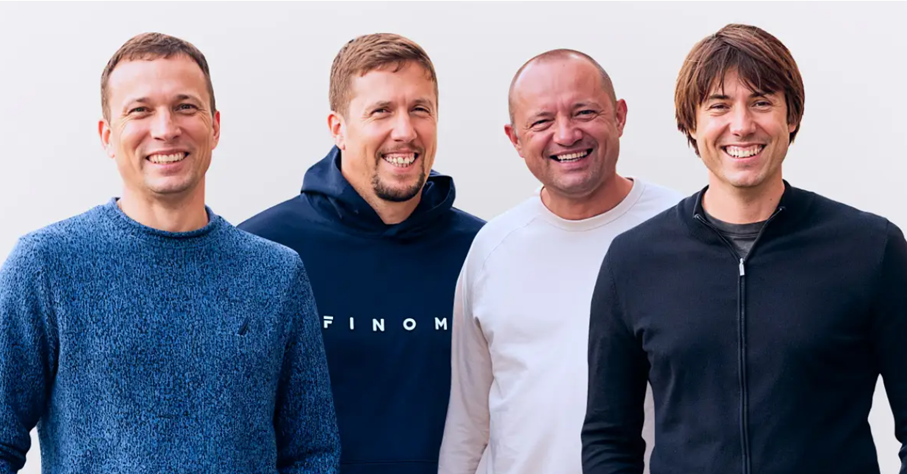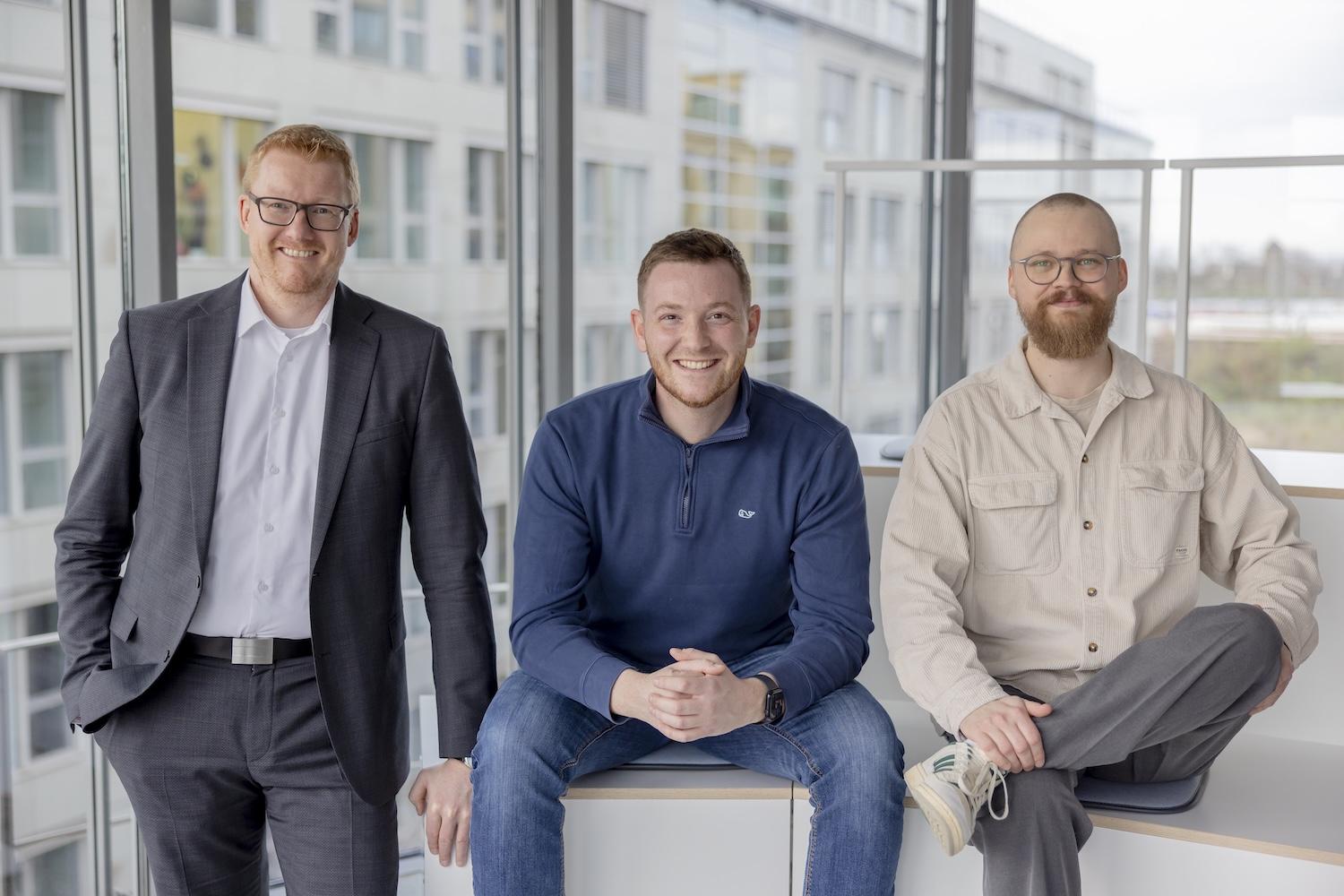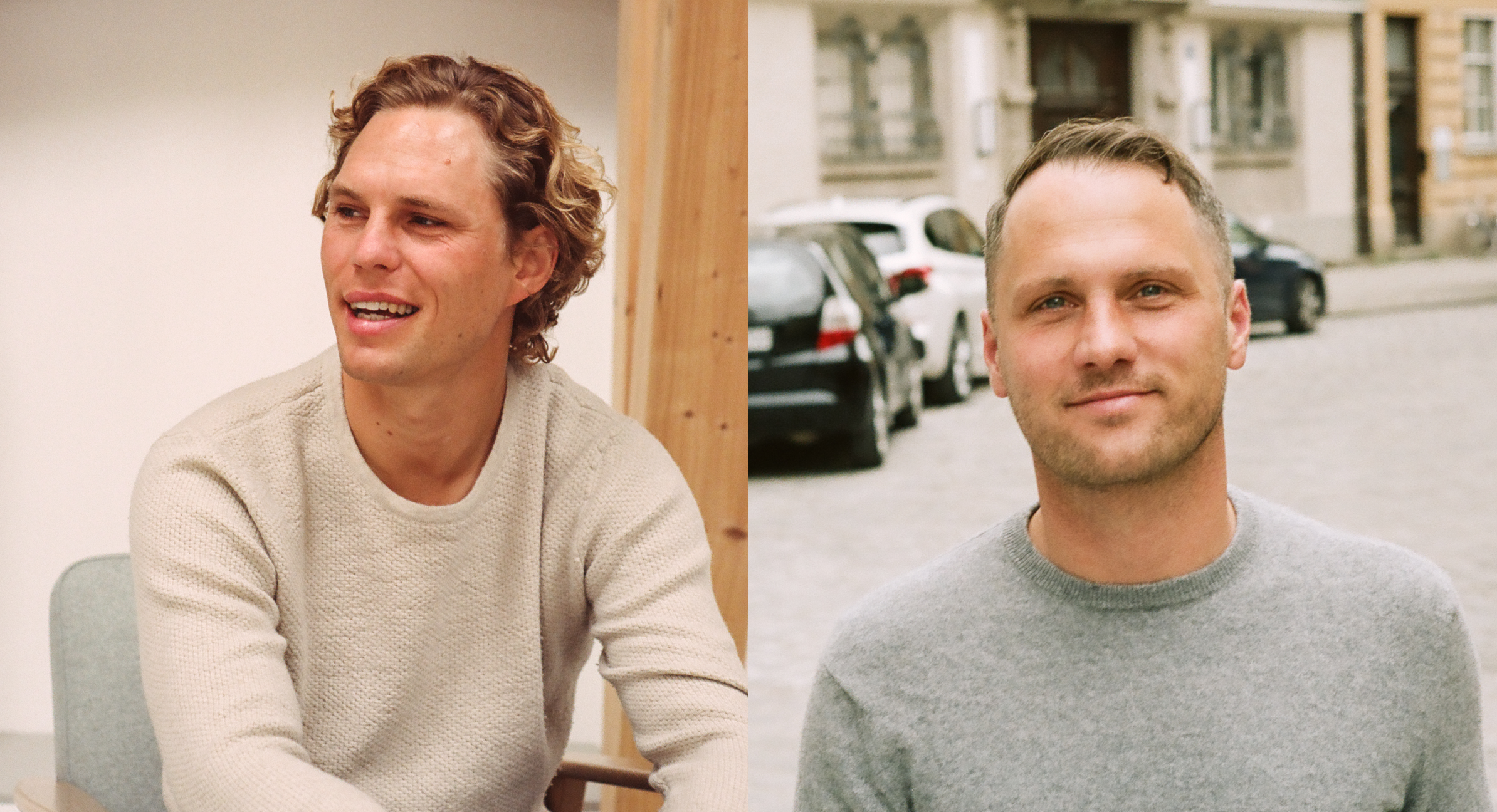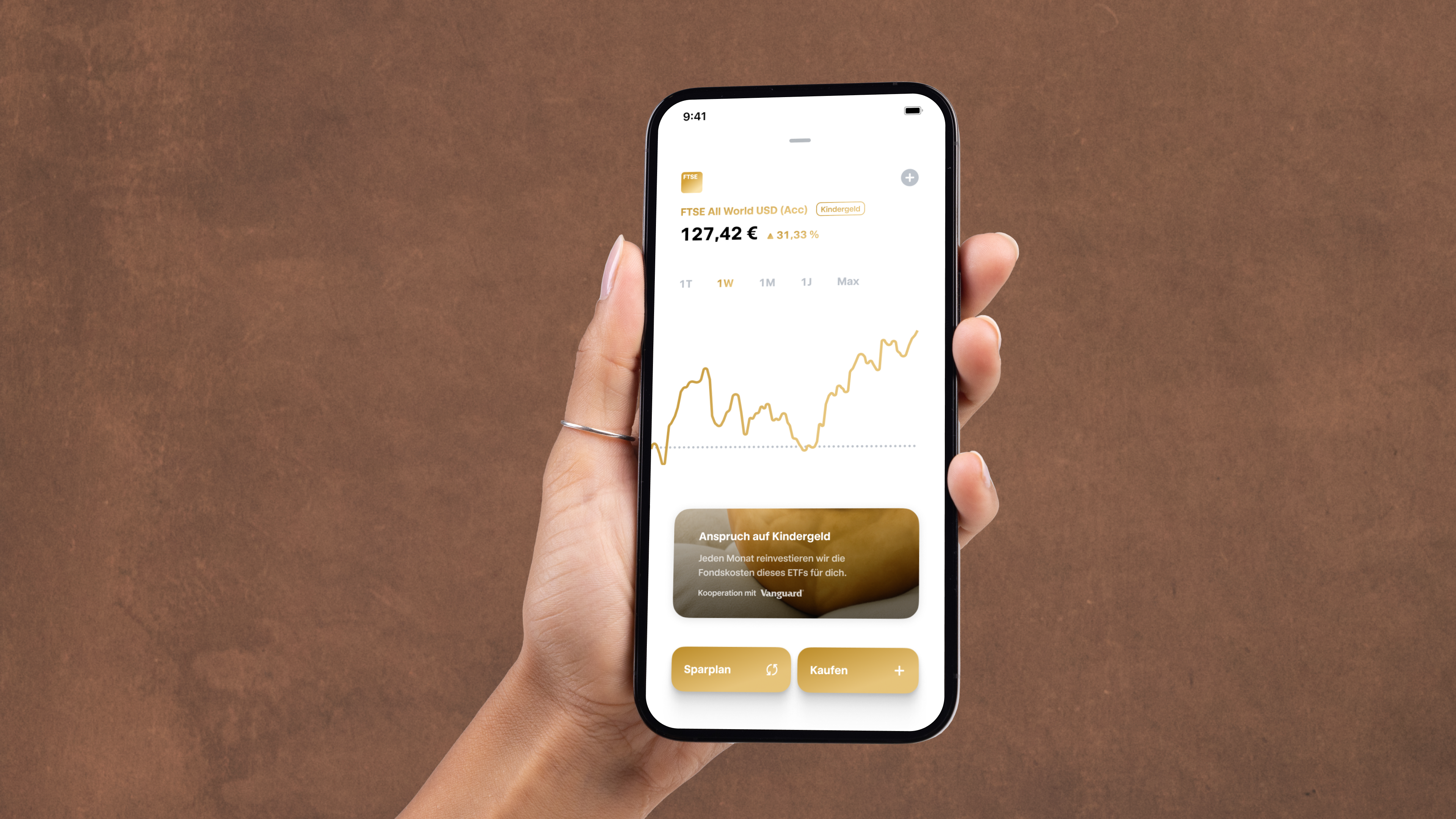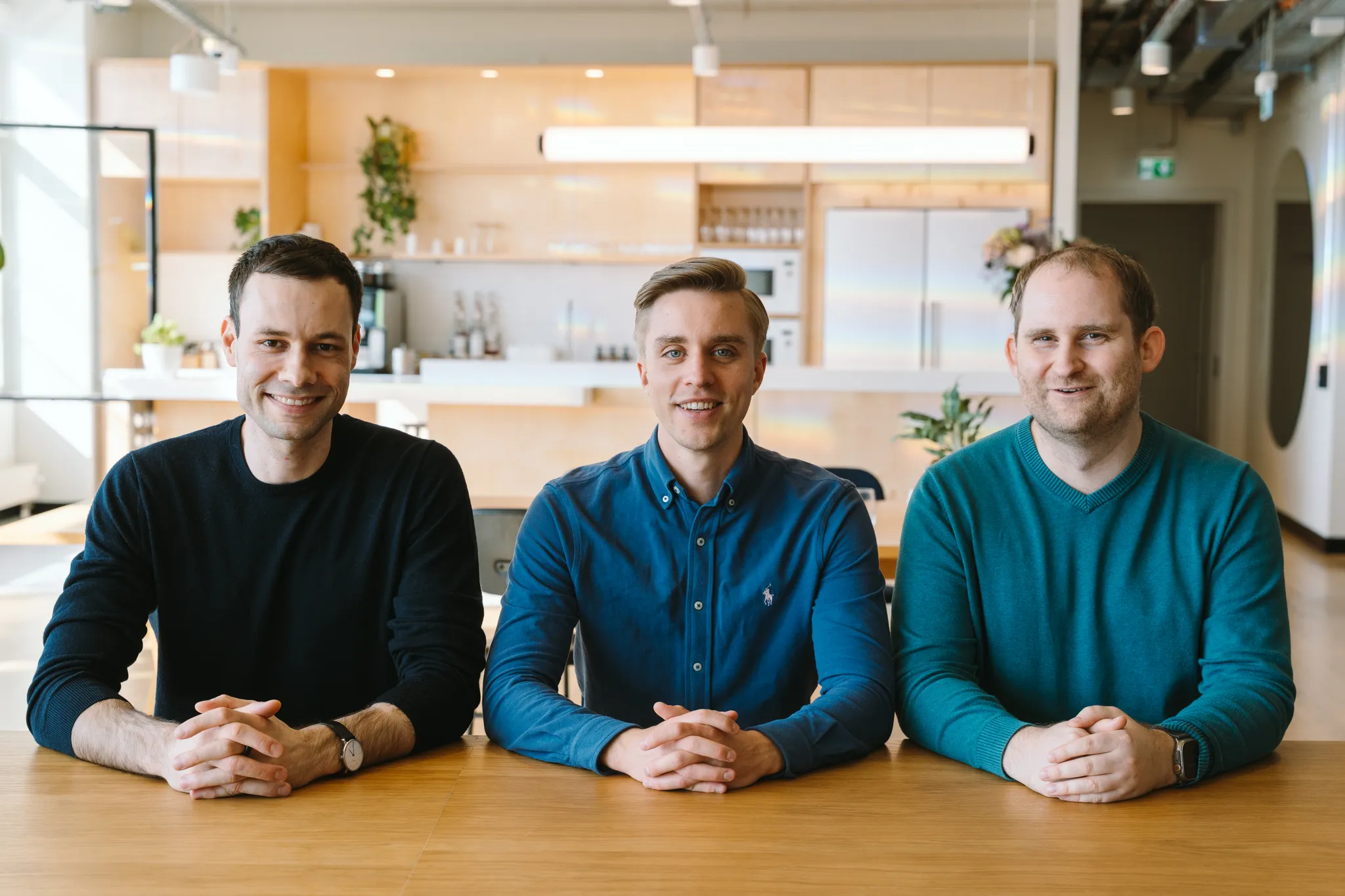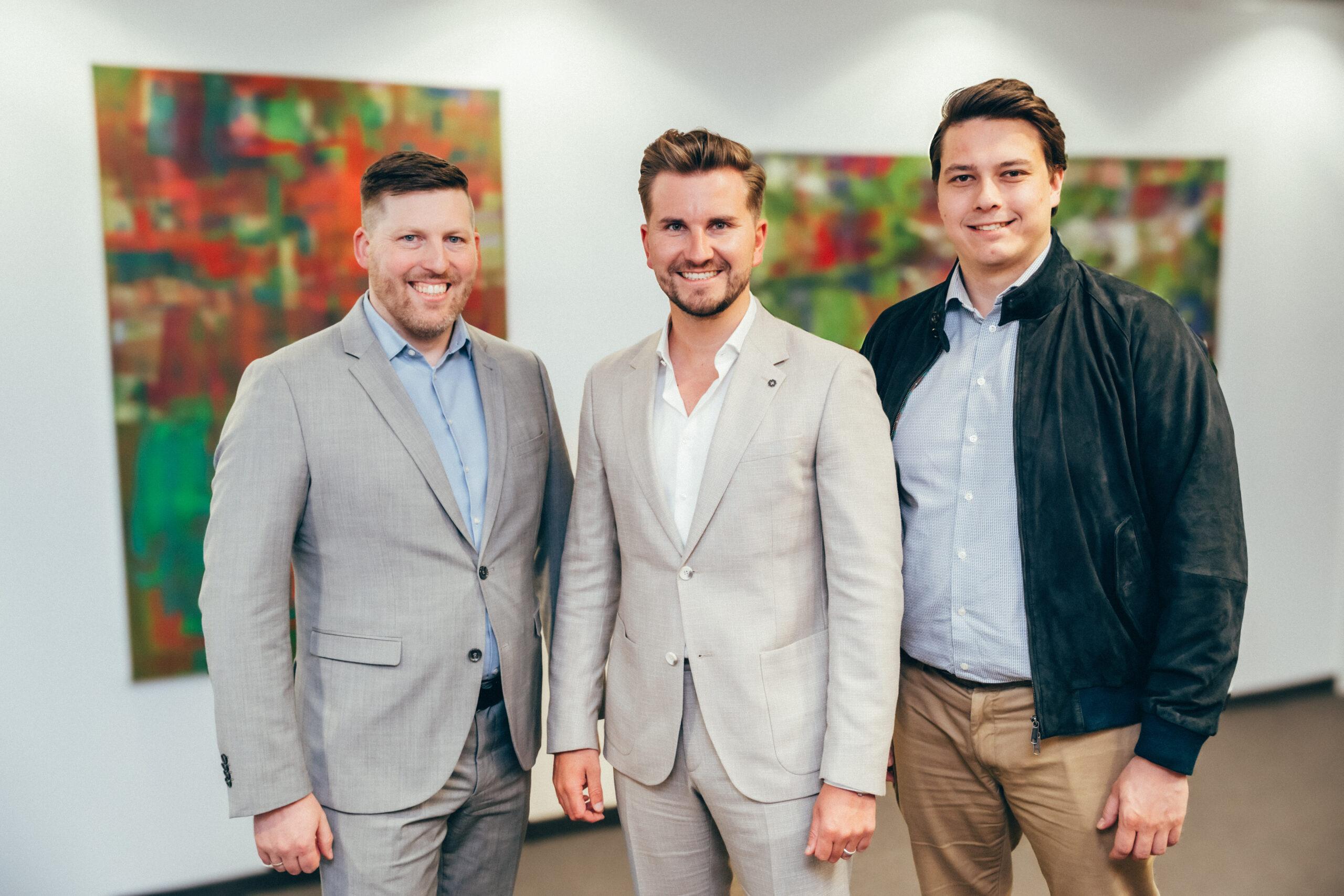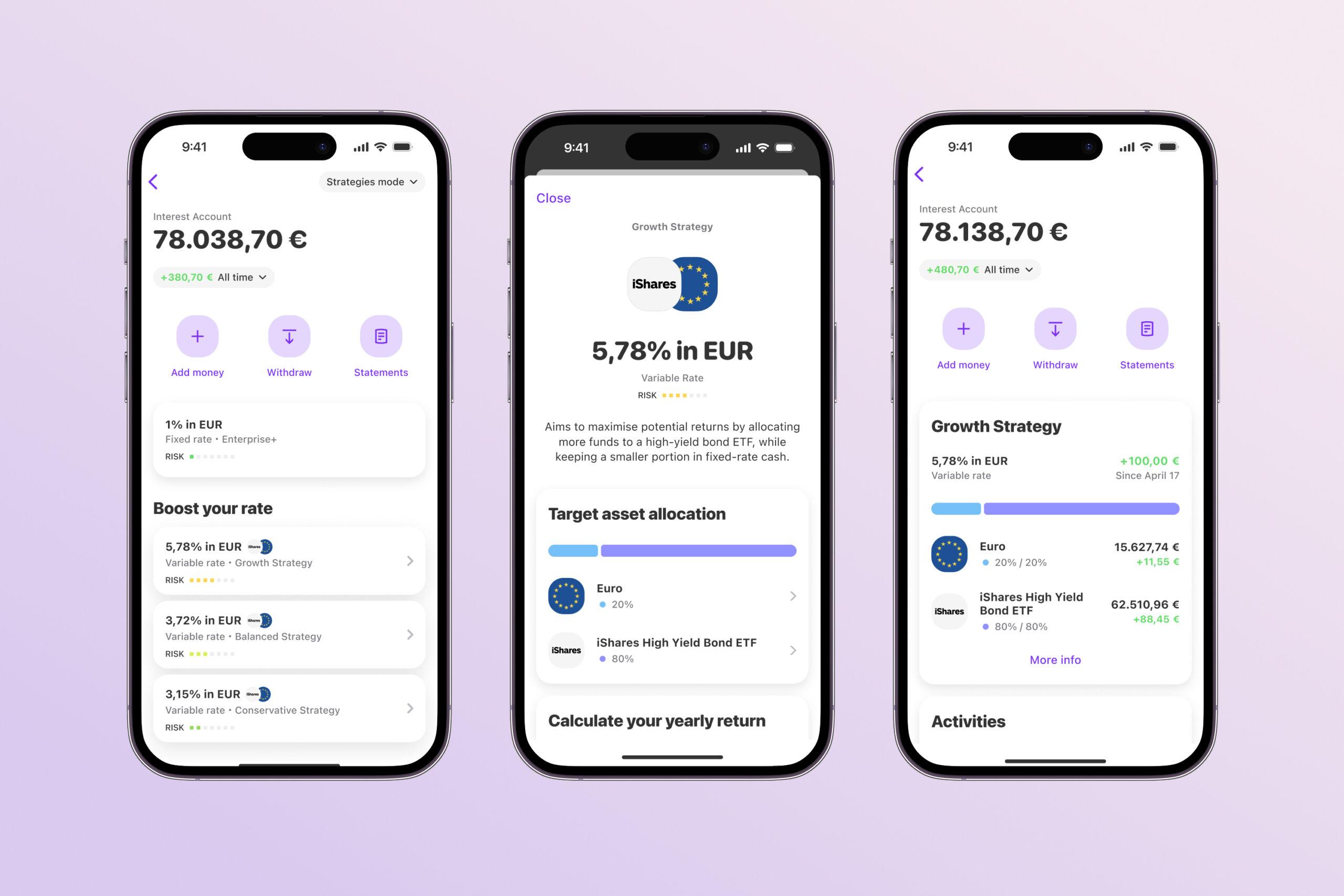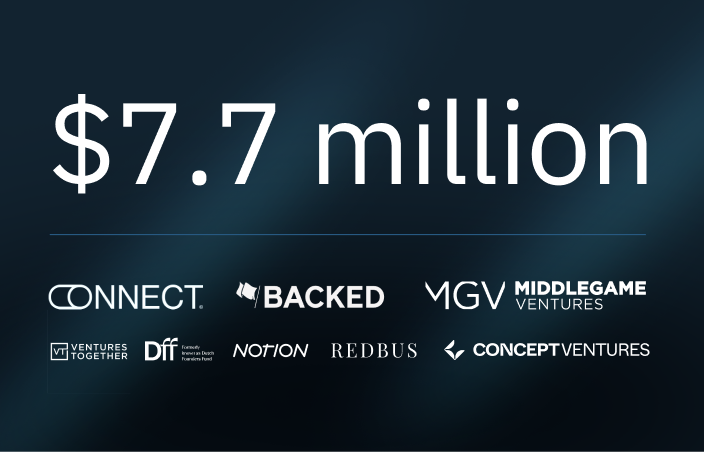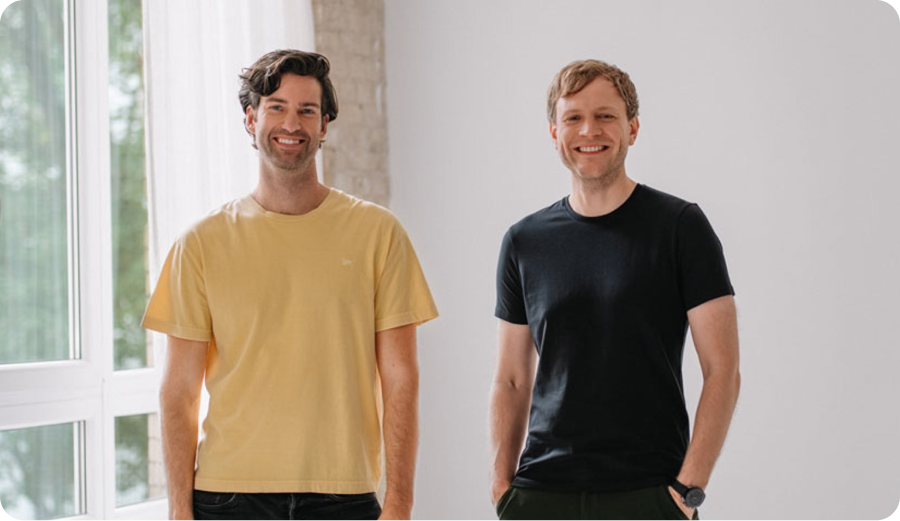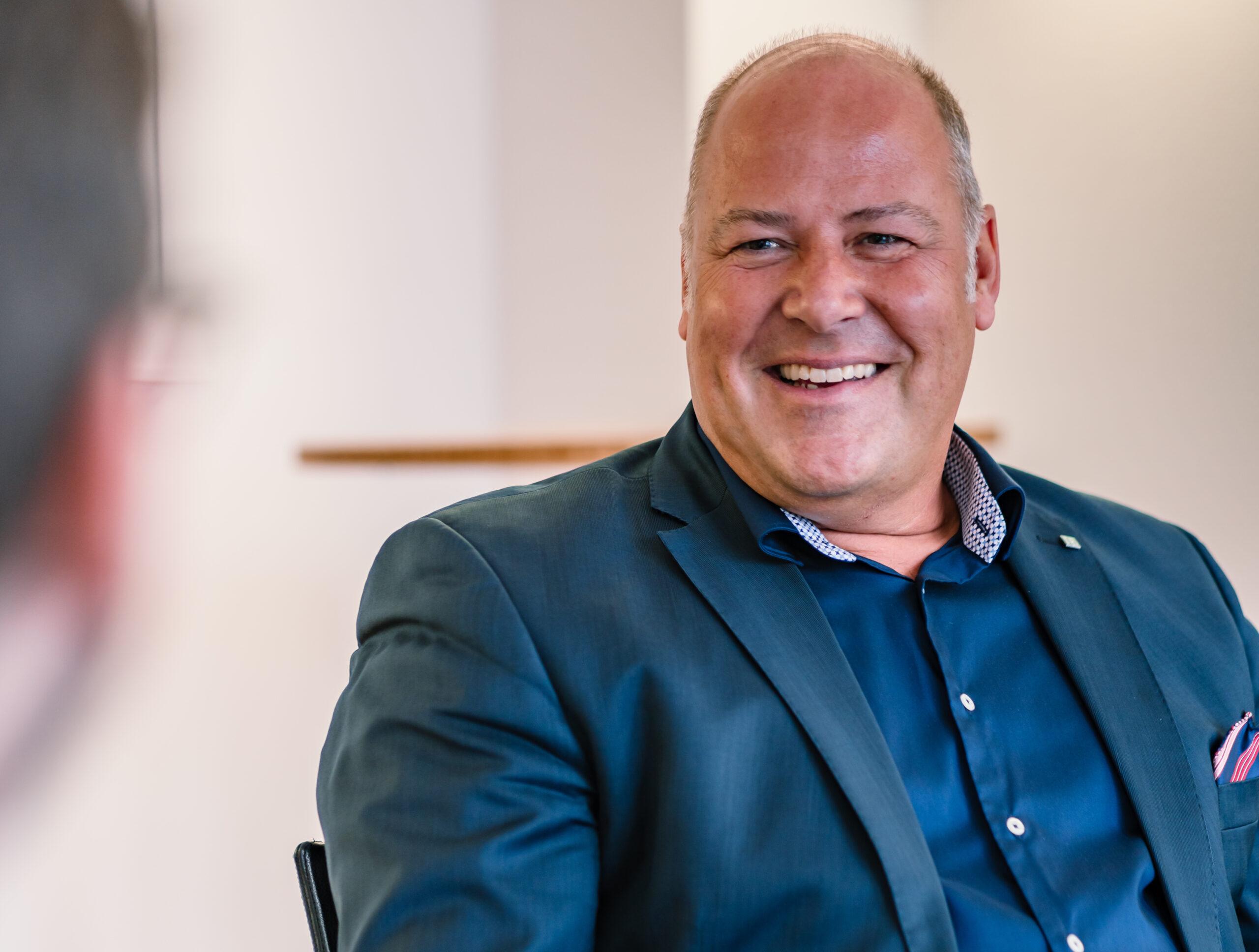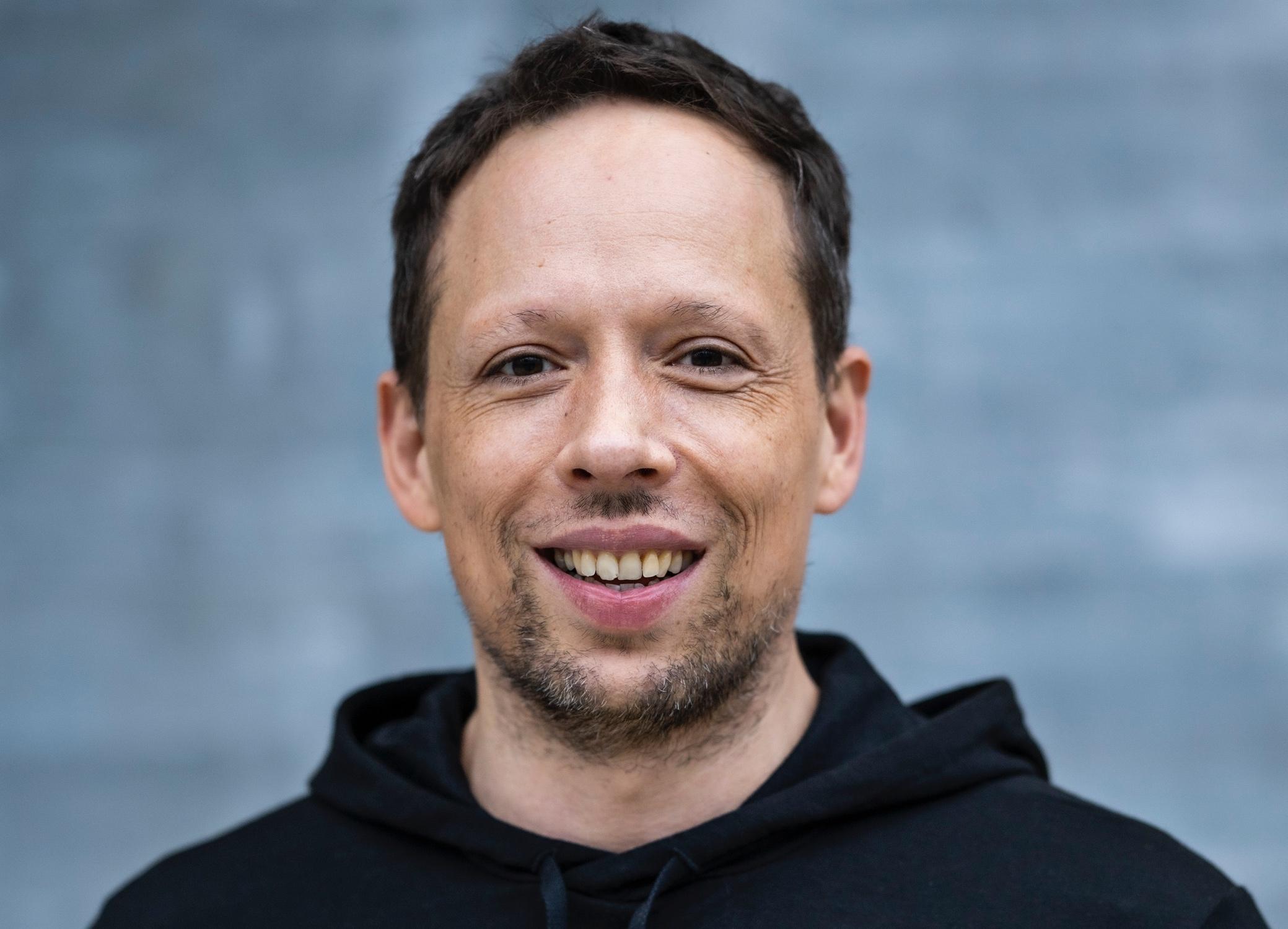"The servers went down in the first few minutes"
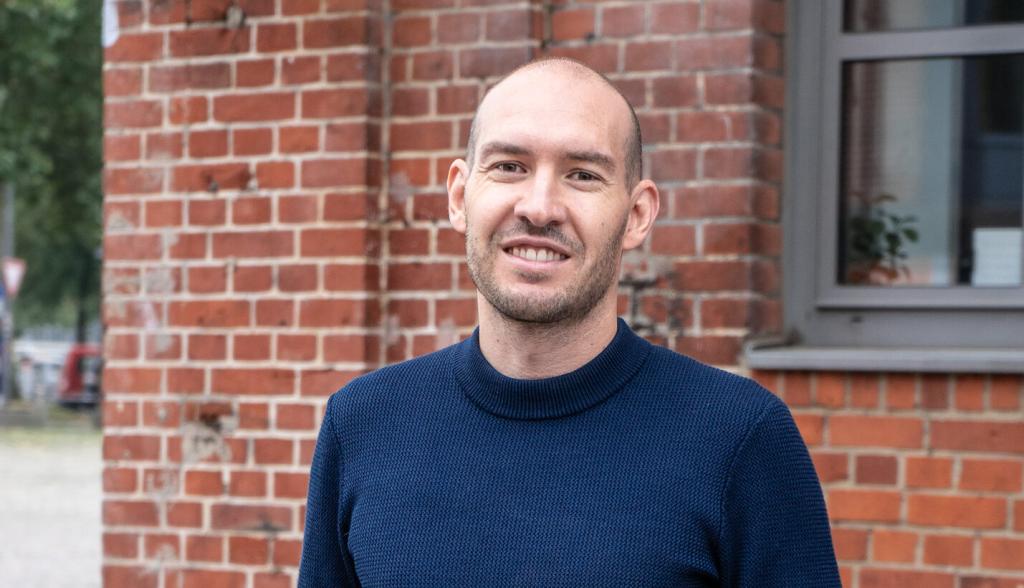
Fintech Tomorrow has raised around three million euros from its customers in just five hours. In this interview, founder Michael Schweikart explains what the start-up hopes to gain from this, whether venture capital will become superfluous and why it was about much more than just money.
Mr. Schweikart, in your funding round in November 2020, you not only raised money from professional investors, but also from customers of your bank. Was there a lack of professional backers?
Absolutely not. The money from the venture capital sector is not just lying on the street, but we could have easily raised financing from purely professional investors. So opening up the round to private investors was by no means a decision made out of necessity.
Professional investors bring more to the table than just money. Aren't you missing out on some advantages?
The advantage of professional investors is relatively easy to identify. They bring money, of course, as well as a network and specialist knowledge. Such an investment brings a start-up like us prestige and good contacts. But we have already had all of this through the Series A. We are happy that our existing investors have joined us, but in this interim round we also wanted to involve and bring on board the people who support us on a daily basis. They are invested - in the truest sense of the word.
That's not so easy in Germany if you're not a public limited company.
In fact, there are no digital shares or digital investments in limited liability companies in Germany, which is why we spent a long time thinking about how we could still involve private investors in such a way that they have the same rights as other shareholders. Convertible bonds were not an option for us because people only receive interest, but earn nothing if the company goes public or is sold.
How big was the rush?
The servers went down in the first few minutes, so many people wanted to invest. So we spent the first two hours fixing that. After two more hours, we had collected two million euros, which was actually our target. But because so many requests were still open, we set the limit at three million. After a total of five hours, all three million euros had been raised, and we were actually still in the pre-sale for Tomorrow customers.
What do the investors get for three million euros?
The round was valued at 50 million euros. This means that the 2,000 investors roughly own six percent of the company. That's great for the money, no question. But of course it's also a huge treasure that we want to unearth.
What treasure is that?
These 2,000 investors are like ambassadors for us. We already had a core group that showered us with feedback on a daily basis, which helps us a lot. Thanks to their investment, they are now even more committed, will recommend us and possibly also defend us against criticism. At the same time, we can learn from them because they are all people who really appreciate Tomorrow. Which feature should come? What is currently going wrong? What is the situation in the company, what are the figures? We want to discuss these questions openly, in digital town hall meetings and also via a Trello board where users can comment on current plans. We are thus creating a loyal fan base, which is a big plus point alongside the money raised.
N26 also had a large fan base, but it has often been criticized recently. Are you afraid that this close relationship will also have disadvantages?
N26 has grown very successfully because they had good products to begin with and were able to get people excited about them. However, communication was often one-way, only from the company to the "community". We want to make sure that communication works in both directions, i.e. that we present new products but also take feedback from our private investors.
A start-up investment like this is certainly tempting for many people because it sounds like big money. But it is also a big risk. Do the 2,000 investors know what they are getting themselves into?
We discussed this a lot, sometimes controversially. Of course it's a high-risk investment and the money could be gone at any time. The signs don't look like it and we don't believe it either, but the possibility exists. That's exactly what we often told our investors at digital conferences in the run-up to and during the process. There were disclaimers in many places and on the crowdfunding platform we used, investors had to click more than 15 checkboxes, many of which indicated a possible loss. That was important to us. At the end of the day, that's a responsibility we have to live and sleep with.
After the initial dust has settled. Will you repeat this kind of hybrid financing?
I don't think it's a secret if I say yes. We still have to clarify the 'when' and 'how', but there will also be a second round of this hybrid form. Perhaps there will be other start-ups before us that will follow our example, which would make us happy. We see ourselves as a role model and have also shown that there is not just one way of financing. That's not meant to be a challenge to the VC sector, but there are obviously other ways for young companies to get money.
Thank you very much for the interview.
Personal details: Michael Schweikart (39) is co-founder of the sustainable banking provider Tomorrow. He was previously CEO of MigrantHire and Jobs 4 refugees. The two non-profit organizations make it easier for refugees to enter the job market via an online platform. Schweikart previously worked as an industrial engineer and corporate finance consultant at the management consultancy Concentro Management AG.

Newsletter
Startups, stories and stats from the German startup ecosystem straight to your inbox. Subscribe with 2 clicks. Noice.
LinkedIn ConnectFYI: English edition available
Hello my friend, have you been stranded on the German edition of Startbase? At least your browser tells us, that you do not speak German - so maybe you would like to switch to the English edition instead?
FYI: Deutsche Edition verfügbar
Hallo mein Freund, du befindest dich auf der Englischen Edition der Startbase und laut deinem Browser sprichst du eigentlich auch Deutsch. Magst du die Sprache wechseln?



